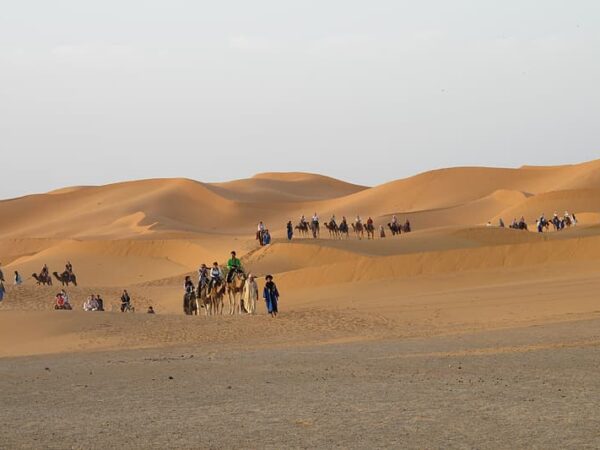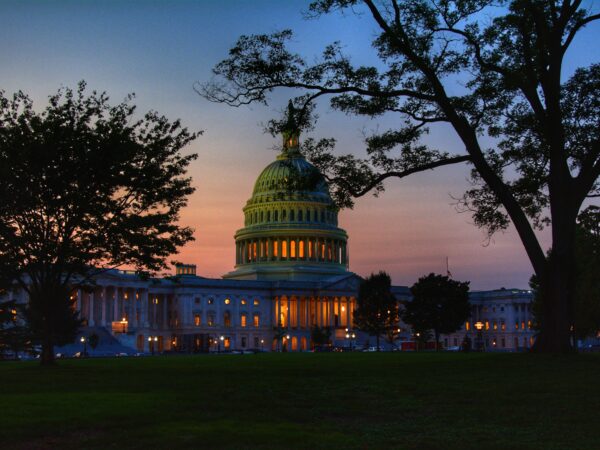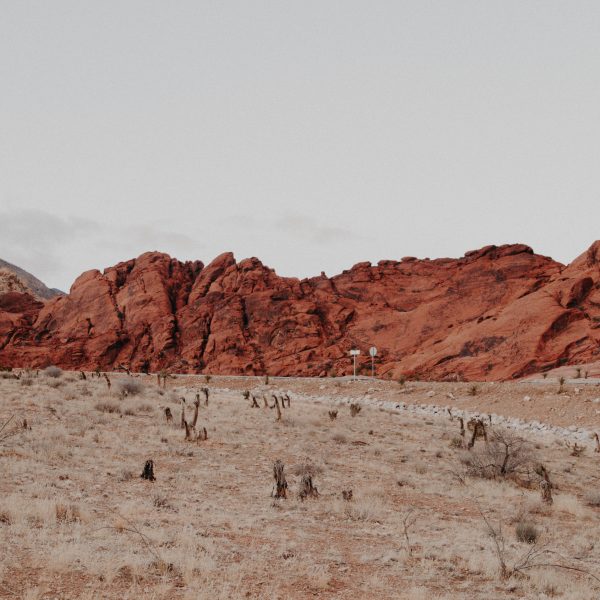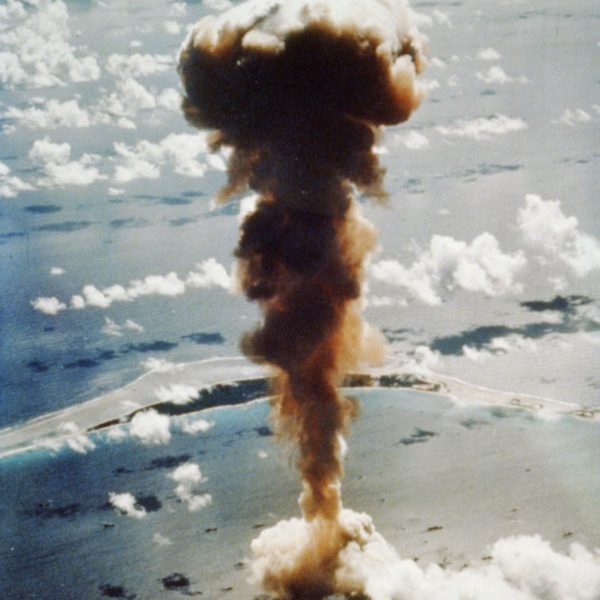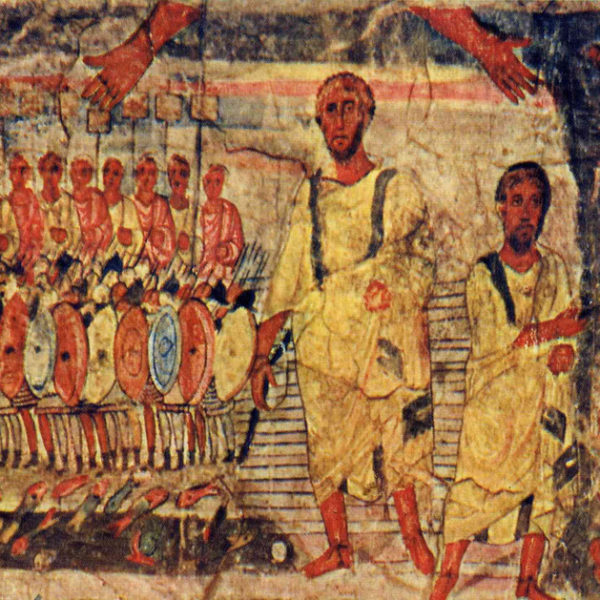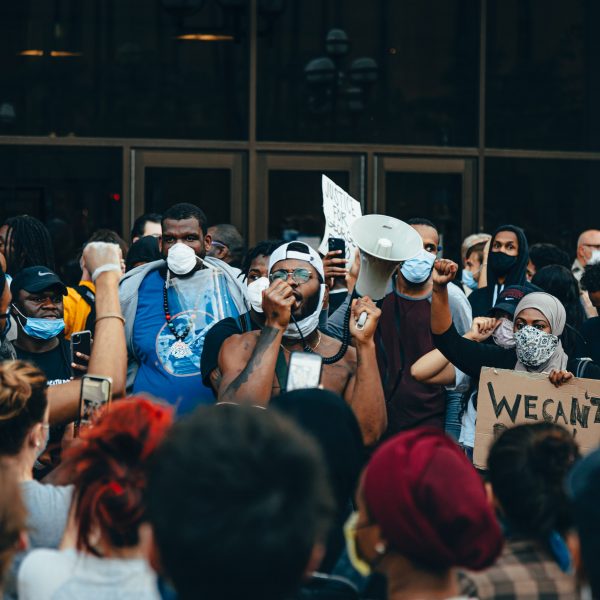
“Seek ye first the political kingdom of God and all these things shall be given unto you.”
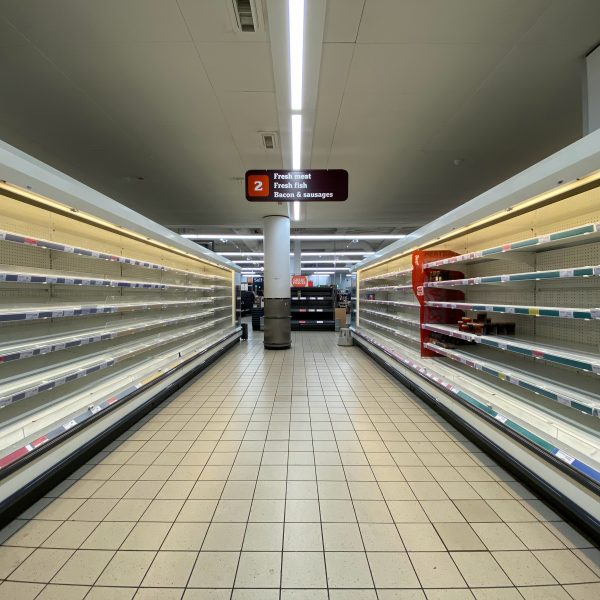
The descendants of Abraham, Isaac, and Jacob cried out for deliverance, and Yahweh heard them (Exodus 2:23). Notice carefully: Yahweh did not offer to comfort the Hebrews. Yahweh did not tell them to endure their situation because things would all work out in the end, or because after death they would be “in a better place.” Instead, Yahweh acted on covenant promises made with their ancestors by entering history.
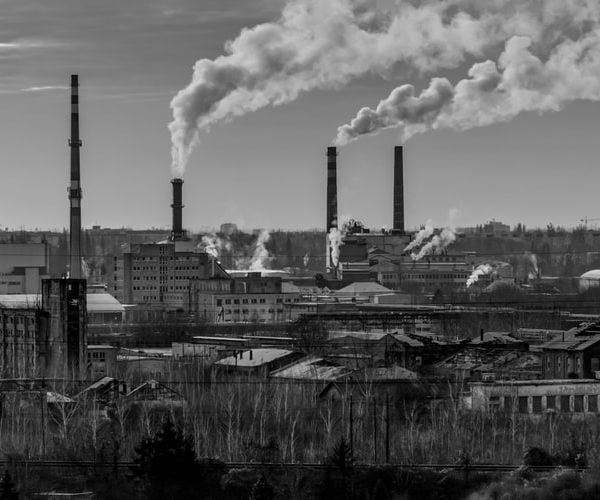
Humans have grown exponentially in our propensity and power to conquer the earth itself. Despite being newcomers relative to neighboring species, humans usually behave as if we owned the place. But Psalm 95 speaks clearly: When we come into God’s presence—and there is no place God is more vividly present to us than in creation’s midst—the psalm says to come with thanksgiving, the polar opposite of greed.
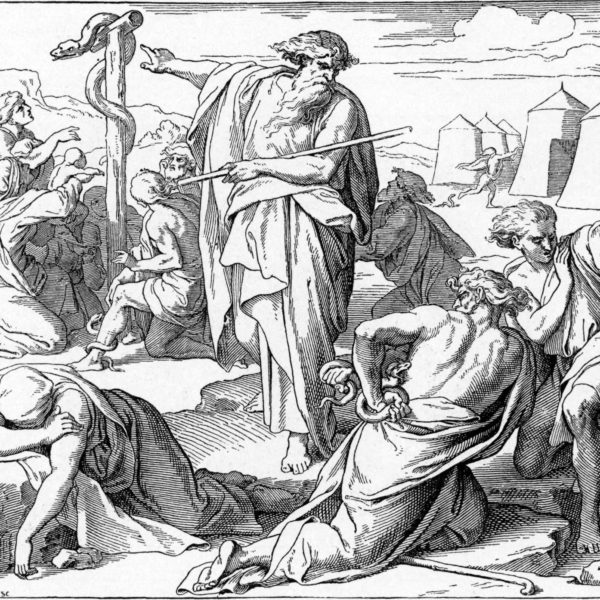
Although it is typically read as a passage about individual salvation and enjoyment of the life hereafter, read more closely, John 3:14-21 profoundly demonstrates that the elevation of Jesus on the cross confronts us with our own rejection of God’s gracious provision, our stubborn refusal to accept God’s way, and the radical, communal reckoning that leads to the fullness of life.
I should add, from a Christian point of view, liberty is neither a virtue nor an ideal. History is ripe with examples of how liberty may turn to tragedy for individuals as well as for whole peoples and civilizations. Nonetheless, there is, it seems, a stubborn fact: in the soul of one who is not free there can neither be reason, nor beauty, nor love. One could say that a man doesn’t really exist as a man without these, and can’t even begin to comprehend the divine. Shortly before his death Christ told his disciples: “Unless I go the cross, the Holy Spirit will not come to you.” And do you know why? Because as long as there is some higher authority, be it even God personified, from whom men simply take words as facts, as some kind of a command, then they are not acting according to their own free will. And community with the Holy Spirit is reserved for free souls. Without freedom, love is impossible.

